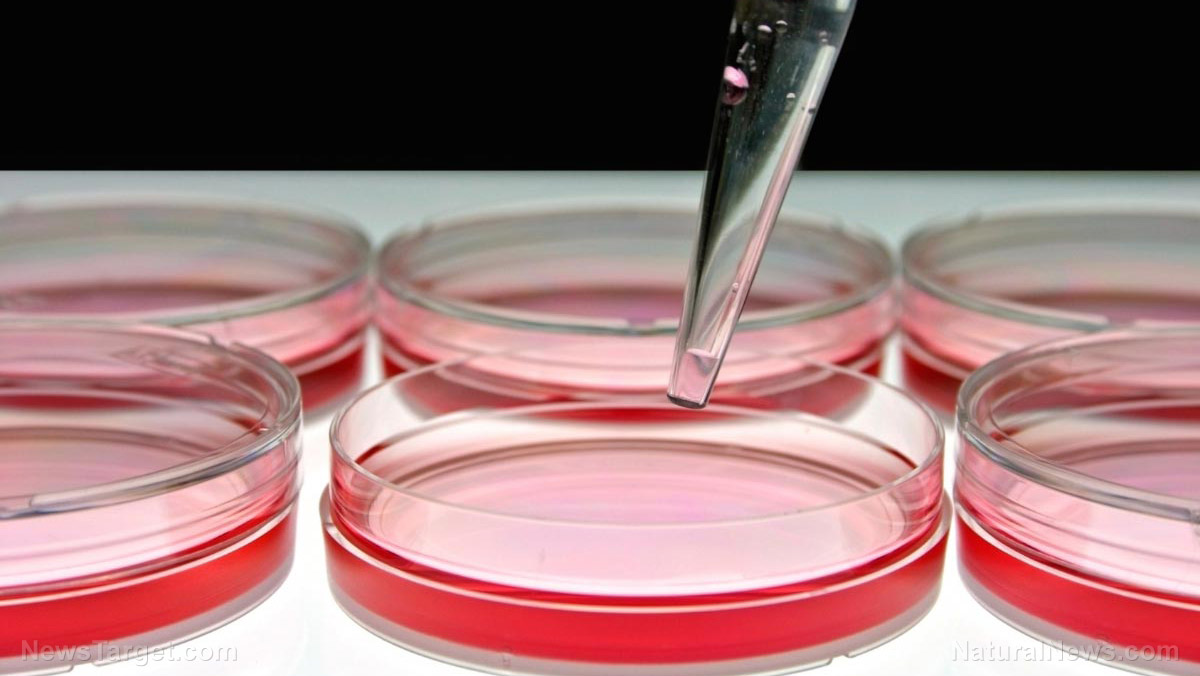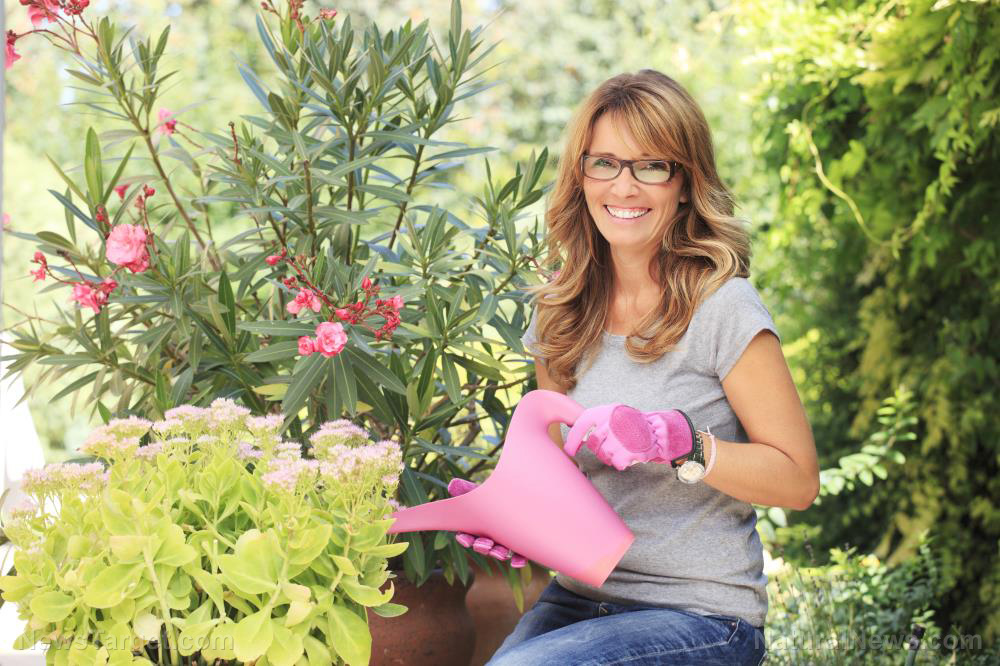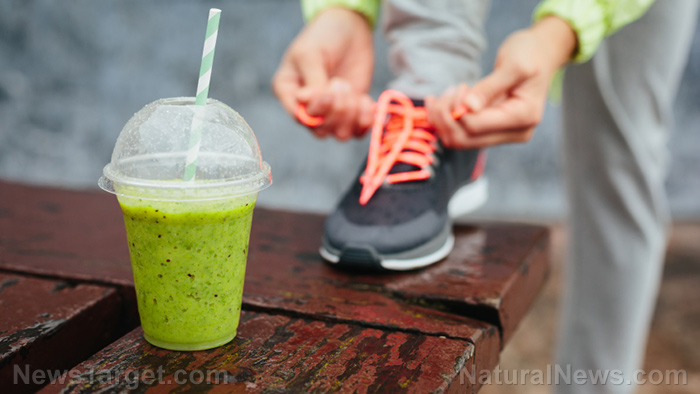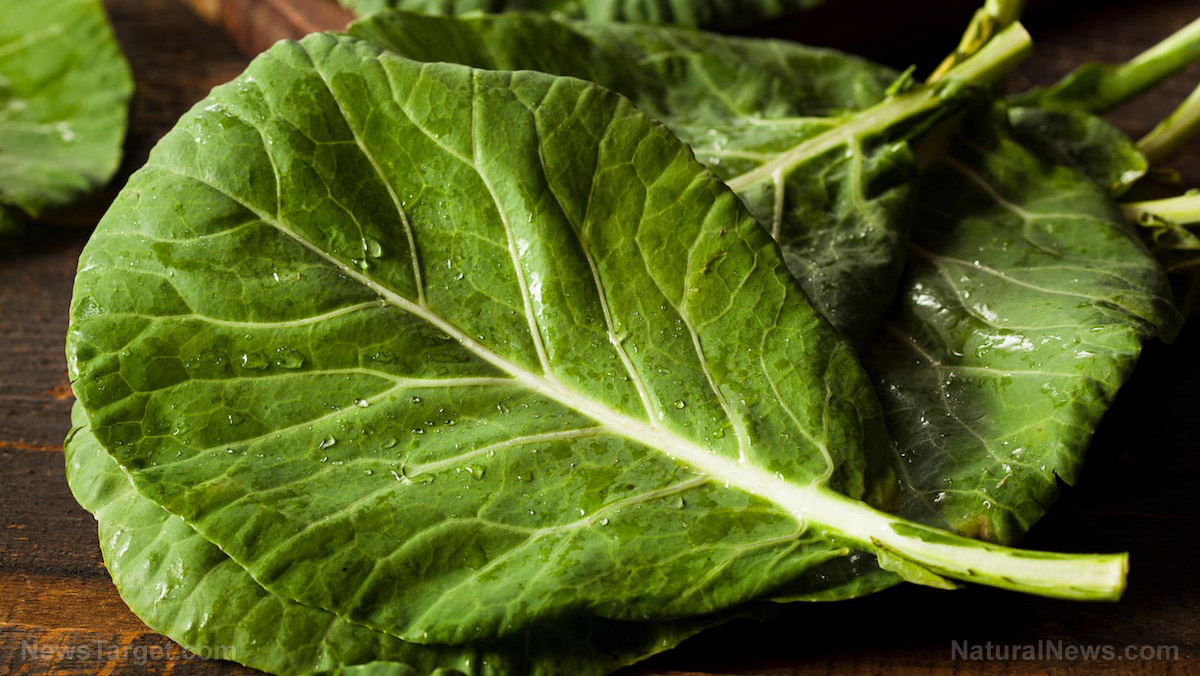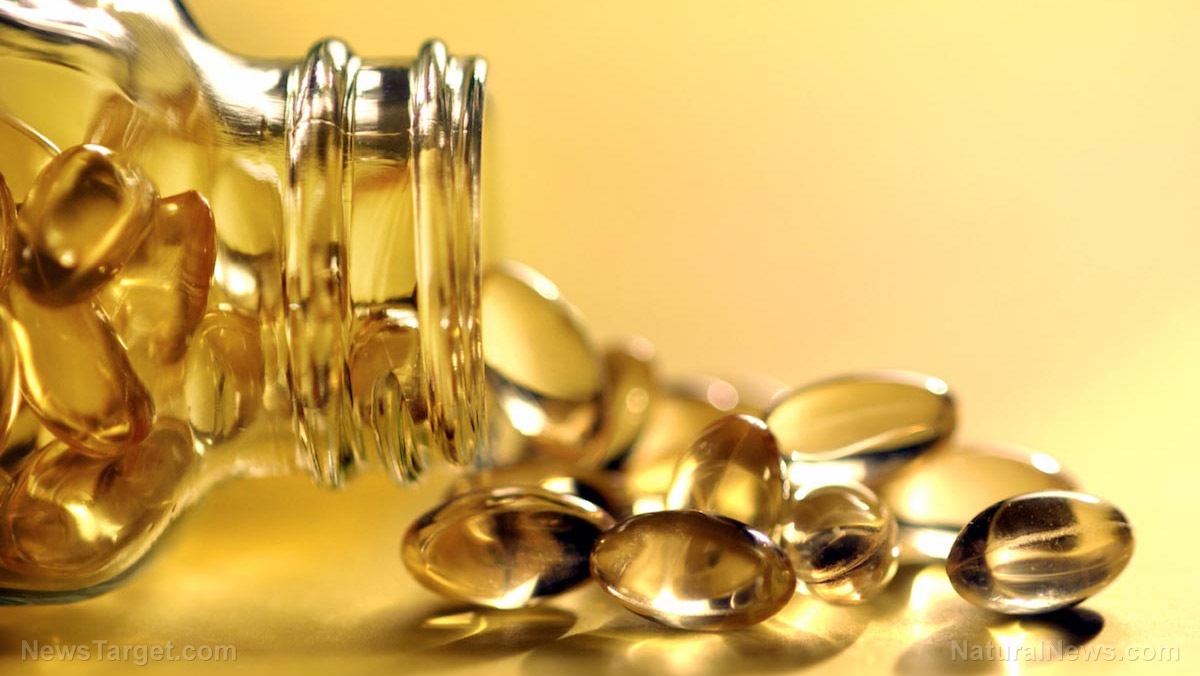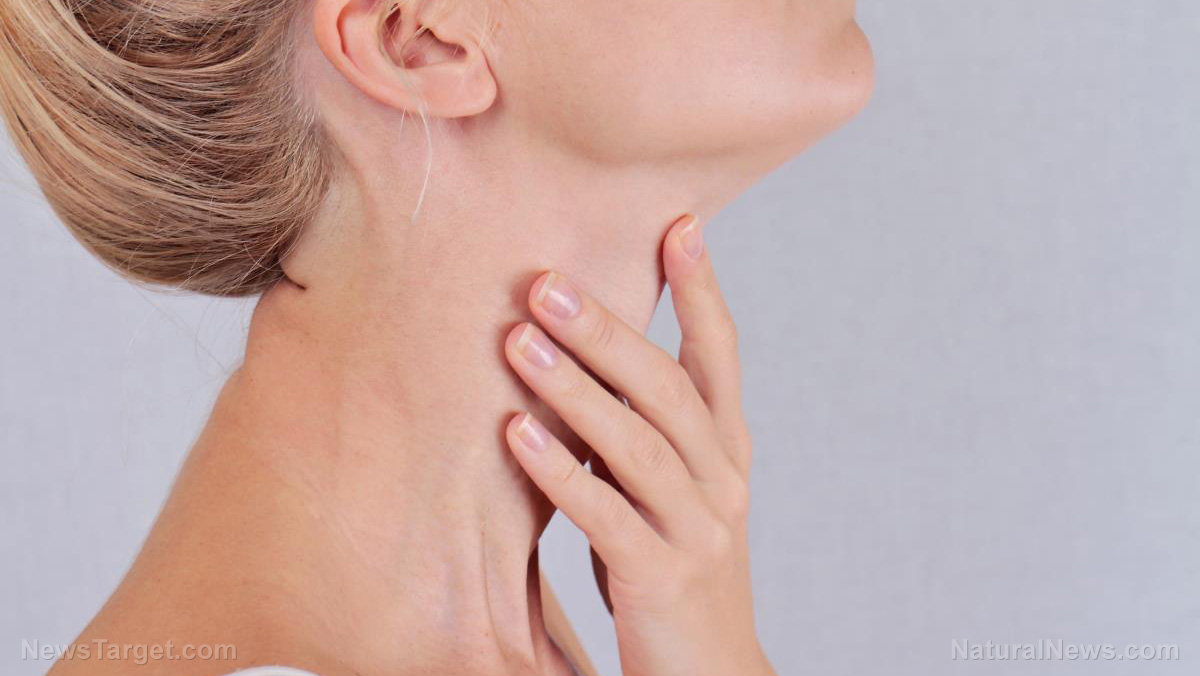Researchers say this novel herbal powder suspension could treat depression naturally
09/07/2018 / By Ralph Flores

A novel herbal compound made from jujube and lilies could be used to naturally treat depression, according to researchers from Anhui Medical University. The study, published in the journal BMC Complementary and Alternative Medicine, looked at a novel treatment called ziziphi spinosae lily powder suspension, which is made from dried jujube seeds (Semen Ziziphi spinosae) and lily bulbs, and its behavioral anti-depressant properties.
“Though both the materials have a long history as anti-depressive medicines, they are usually combined with several other herbs respectively,” the researchers wrote in their report. “Since both of them are medicinal and edible materials, it is a useful attempt to combine the two materials to investigate the total anti-depressive effect in order to maximize the efficacy and minimize the adverse effects.”
Depression – a condition marked by persistent sadness and loss of interest that can affect normal function – is a condition that affects at least 16 million adults in the U.S. According to the Centers for Disease Control and Prevention, at least one out of six adults will experience symptoms of depression during their lifetime. There are various medications that are used in conventional medicine to manage depression, but these are not without side effects. In particular, its potential to recur, even after treatment, and its high cost discourage most from seeking treatment. In the study, these are some of the reasons that the team put forth the research idea to seek better antidepressant medications that have fewer adverse side effects.
100% organic essential oil sets now available for your home and personal care, including Rosemary, Oregano, Eucalyptus, Tea Tree, Clary Sage and more, all 100% organic and laboratory tested for safety. A multitude of uses, from stress reduction to topical first aid. See the complete listing here, and help support this news site.
For the study, researchers used a rat model of depression. The rats were subjected to chronic, unpredictable, mild stress (CUMS) to induce chronic depression. Administered stressors included either a five-minute swim in warm water, staying in a wet litter overnight, food deprivation, tail pinching, and cage tilting. A week after being subjected to CUMS, the rats were divided into three groups: a control, those that were given fluoxetine (a common medication for depression), and those that were given the compound made of lily and jujube. The rats were then evaluated using different tests to determine behavioral changes that are associated with depression. At the end of the study, the rats’ central nervous systems were harvested and studied to determine the underlying process behind their anti-depressant ability. (Related: “Adapt” to stress with these 5 adaptogenic herbs.)
Based on the results, researchers found that the rats treated with ziziphi spinosae lily powder suspension demonstrated greater mobility during the forced swimming test, as well as greater sucrose consumption. Using these results, the researchers noted the anti-depressant properties of the herbal formulation. Similar trends were seen in tests that evaluated anxiety in rat models, with ziziphi spinosae lily powder suspension posting better results than that of fluoxetine.
Researchers also noted that mice given the herbal formulation had higher levels of the serum 5-HT and the brain 5-HIAA – both of which are associated with the brain’s anti-stress effect. Jujube seeds, in particular, modulated 5-HT activity – which revealed its potential role in future diagnoses of depression, as well as determining its anti-depressant effect.
“Since both semen ziziphi spinosae and lily bulb are medicinal and edible materials, it is [simpler] and [safer] to introduce the combination as an alternative antidepressant to depressive patients,” the researchers concluded. As this is preliminary research of the properties of the combination, further studies should be made on its underlying mechanisms to unlock its full potential.”
Learn more about traditional practices to treat depression at ChineseMedicine.news today.
Sources include:
Tagged Under: Antidepressant, herbal medicine, Herbs, jujube, Lily bulb, major depressive disorder, medicinal plants, natural cures, natural medicine, plant cures, remedies, research, Semen ziziphi spinosae, zizyphus jujube


